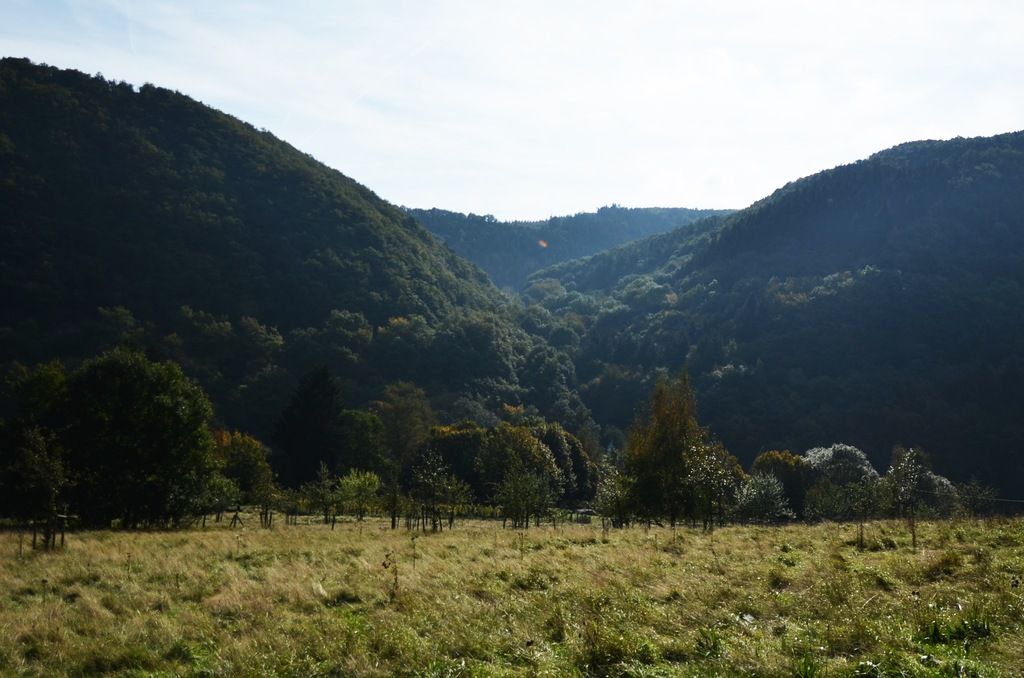Kazakhstan seeks to negotiate a water-sharing agreement with China
Water Tussle: Kazakhstan Vs China
In the heart of Central Asia, Kazakhstan's Ministry of Water Resources is in a tight spot, negotiating the water usage of its rivers with China. To tackle this challenge, a 20-member working group has been put together to bargain with Chinese officials, focusing on around 20 cross-border rivers like the Irtysh and Ili.
As per recent reports, some progress has been made in these negotiations. A ministry representative, Nurzhan Nurzhigitov, mentioned that a water-sharing mechanism on the Khorgos River, which divides the two nations, could serve as a blueprint for other rivers. The joint hydraulic facility along this river operates automatically, ensuring an equal flow of water on both sides.
Yet, securing a fair water-management deal with China won't be a walk in the park. Kazakhstan has expressed concerns over excessive Chinese water consumption, particularly in the Irtysh basin, which experienced alarmingly low water levels last summer. While drought played a role, Kazakh experts attributed the issue to China's alleged diversion of excessive water. This scarcity had detrimental economic effects not only on Kazakhstan but also on Russia.
Last year, President Kassym-Jomart Tokayev expressed worry that China's intensive diversion of the Ili River was contributing to the shrinking of Lake Balkhash. In a 2018 academic study, the authors stressed that Kazakh officials face limited bargaining power in water-related talks with China. They noted that Kazakh officials grapple with "difficult trade-offs" as they attempt to balance access to adequate water with their other national interests tied to China.
Looking forward, Kazakhstan plans to host a Regional Climate Summit in 2026, which could be a platform to address broader regional water security issues, including those affecting Lake Balkhash. However, detailed information about the ongoing negotiations with China on the Irtysh, Ili, and Khorgos rivers remains elusive in current reports.
As Kazakhstan engages in diplomatic water talks, it's worth noting their broader pursuit of a "blue foreign policy," focusing on water diplomacy and negotiations with regional neighbors to ensure responsible water sharing. This commitment includes preserving water bodies like Lake Balkhash and addressing regional security concerns. Kazakhstan demonstrated its willingness to cooperate regionally by signing agreements with Tajikistan and Uzbekistan in May 2025 regarding water allocations from the Bahri Tojik reservoir.
Yet, the influence of China's vast infrastructure projects and its presence in Central Asia further complicates the water security landscape. As the negotiations continue, the future of Kazakhstan's rivers and water bodies hangs in the balance.
- The ongoing negotiations between Kazakhstan's Ministry of Water Resources and Chinese officials involve discussions on policy-and-legislation regarding the management of cross-border rivers like the Irtysh and Ili.
- The development in environmental-science, such as the joint hydraulic facility on the Khorgos River, serves as a potential model for fair water-sharing mechanisms.
- The news of Kazakhstan's water tussle with China has gained attention in general-news outlets, raising concerns about the impact of climate-change on water resources in the region.
- As Kazakhstan navigates these relationships with China, its foreign policy initiatives, particularly its focus on water diplomacy, aim to ensure responsible water sharing and preserve important water bodies like Lake Balkhash.







